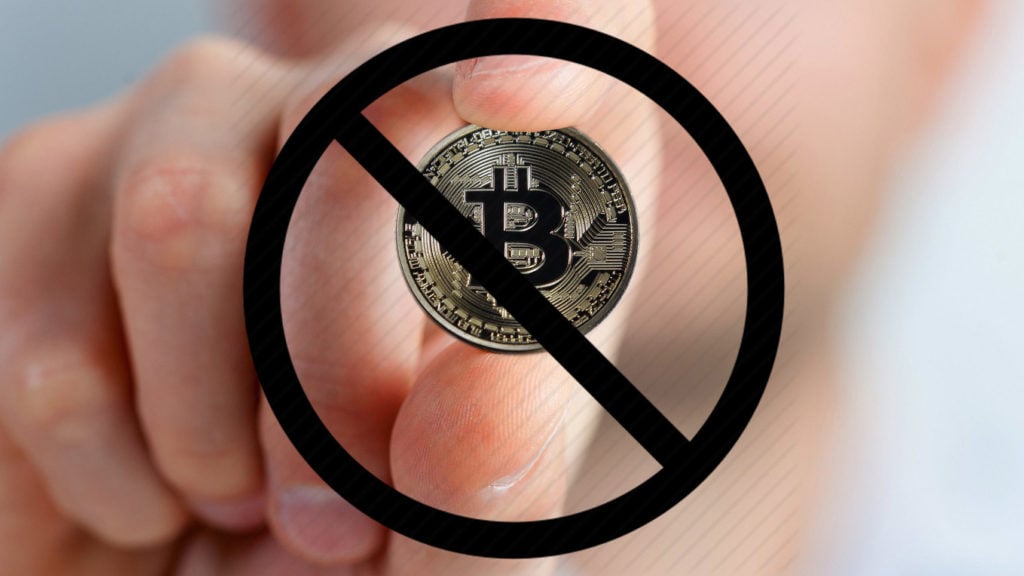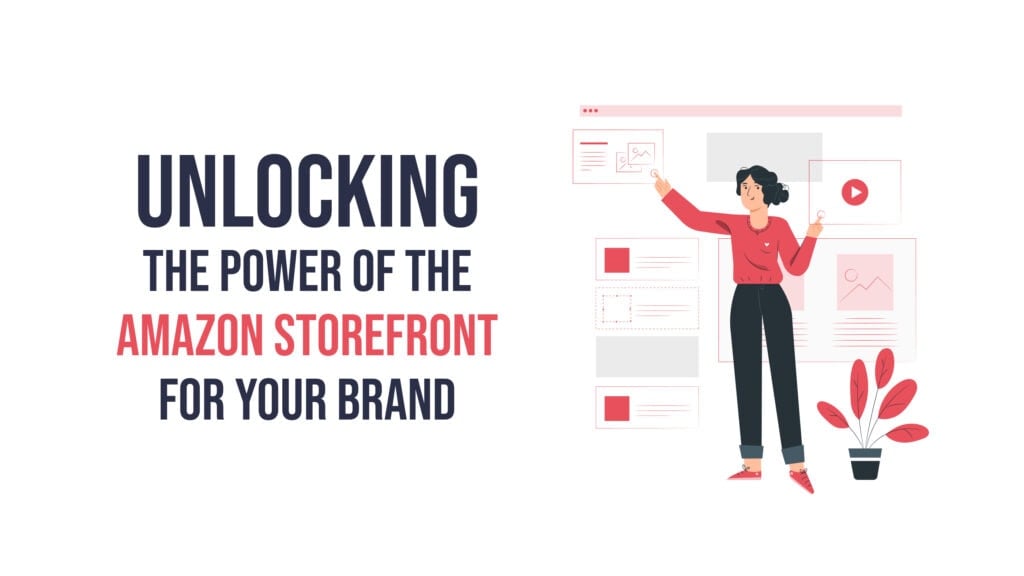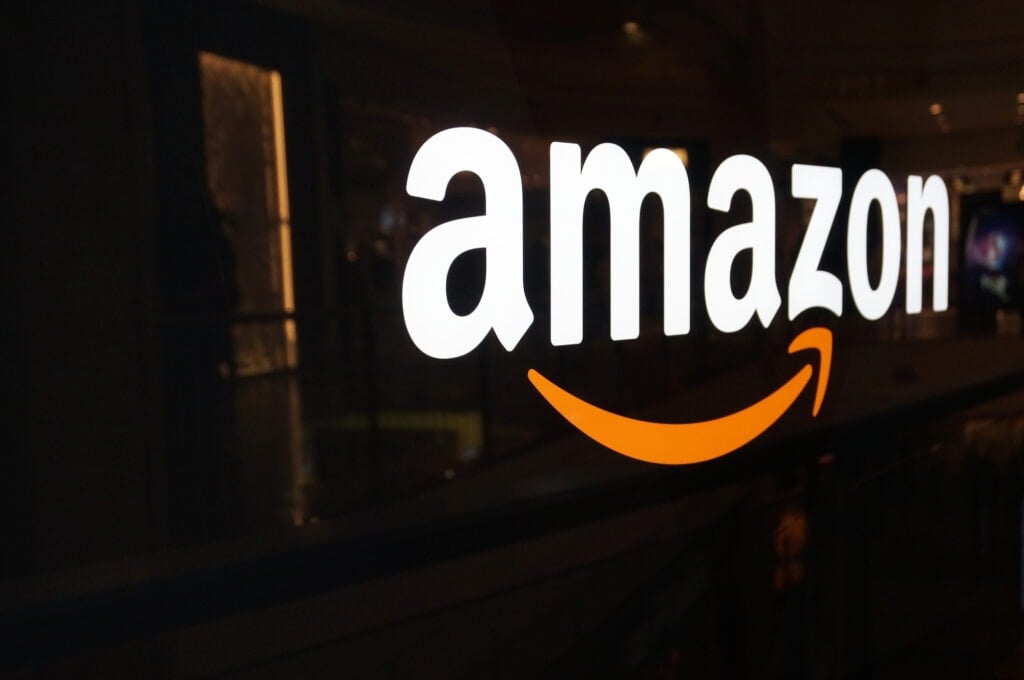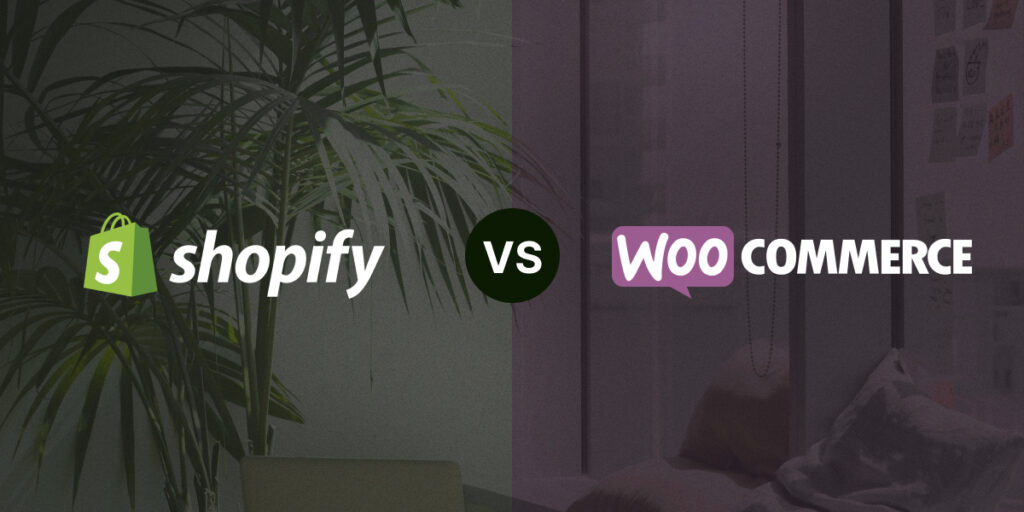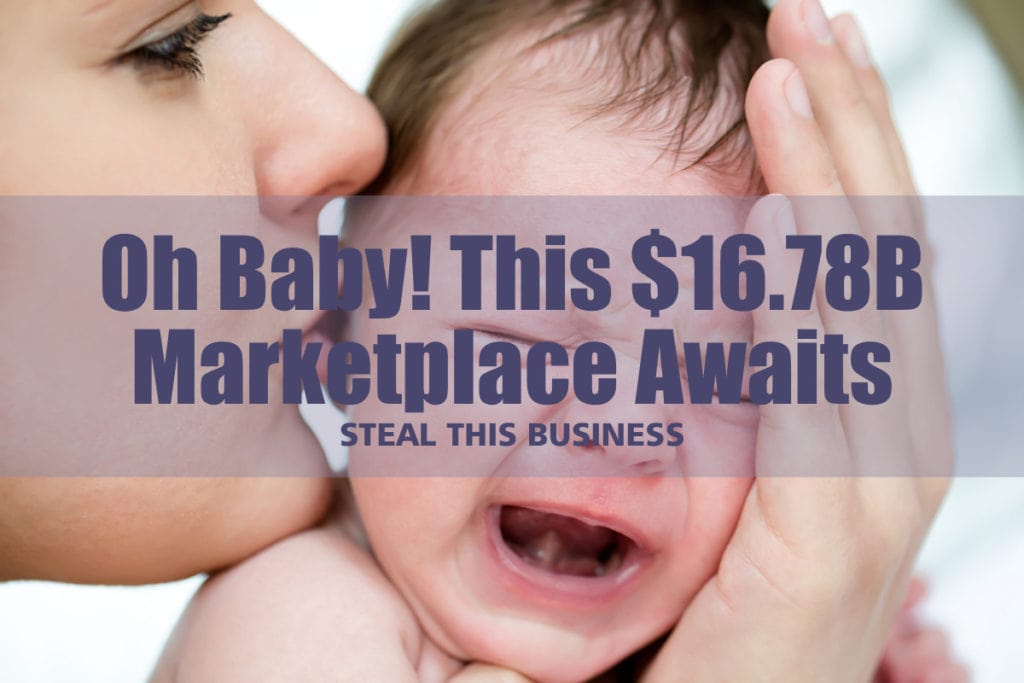If you're in the cryptocurrency game, Facebook's move to ban crypto ads is less than ideal.
It's hurtful to your business, especially if your advertising is profitable. It's helpful for users, advertisers and Facebook – literally everyone else.
On Tuesday, Facebook stated they were banning all ads promoting Bitcoin, cryptocurrencies and Initial Coin Offerings (ICOs). Facebook was met with immediate skepticism as people accused Mark Zuckerberg of hypocrisy and complained about the ban on social media.
Three weeks ago: "I'm interested in learning more about decentralization and how to put the power back into people's hands."
Today: "Facebook bans ads promoting #bitcoin."#hypocrite #greed https://t.co/mGRi5kJbRx
— Armin van Bitcoin ⚡ (@ArminVanBitcoin) January 30, 2018
With this ban, advertisers won't be able to promote virtual currencies on Facebook's ad platform including Instagram, Messenger and Facebook's audience network.
It's an intentionally broad move that's designed to limit fraud.
The reactions have been mixed. Some see this as a blessing in disguise. A way to protect Facebook's users from scams and Ponzi schemes.
Others feel this move is overblown, that the move punishes legitimate cryptocurrency companies unfairly. The evidence for this claim is unconvincing.
The industry is filled with fraud and people with unsavory backgrounds:
- Just this week, the Securities and Exchange Commission stopped an ICO from AriseBank after learning several of their executives had felony criminal records.
- A relatively unknown cryptocurrency project called Prodeum disappeared over the weekend, taking the money from investors with it. All that remained of their website was a blank white page with the word "penis" written on it. The company's social media profiles appear to been created specifically for the scam.
- An anonymous developer created PonziCoin, the world's first legitimate Ponzi scheme, as a joke. His cryptocurrency site was intended to be satire, but it was a genuine product. The website sold so well that the developer was forced to shut down direct sales. He stated it was a joke and people willingly fell for it.
This doesn't inspire a lot of confidence.
In fact, much as I hate to admit it, this seems to indicate that Facebook's users (and the public at large) need to be protected from themselves. It seems a certain segment of our population is all too eager to fall for the next big scam.
The real question though, is this:
Does this ban on crypto ads help or hurt small businesses?
It seems like an obvious question, doesn't it? It may not be.
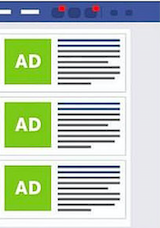 Facebook has to walk a fine line between protecting their users. On the one hand, if they act too aggressively they lose advertisers and revenue.
Facebook has to walk a fine line between protecting their users. On the one hand, if they act too aggressively they lose advertisers and revenue.
If they leave their users to fend for themselves they leave themselves open to lawsuits. If Facebook oversteps in either direction the consequences could be severe.
The cryptocurrency boom has cost a lot of people a lot of money.
Facebook's move was intended to be broad. Rob Leathern, Facebook's Product Management Director, had this to say about the recent change:
"This policy is intentionally broad while we work to better detect deceptive and misleading advertising practices, and enforcement will begin to ramp up across our platforms including Facebook, Audience Network and Instagram. We will revisit this policy and how we enforce it as our signals improve."
This move helps small businesses. Here's why.
- Facebook's interests align with their users. Facebook provides users with the content they want to see, users continue to click on ads.
- The last few months, users have been bombarded by cryptocurrency ads. It's implied that a large chunk of these ads were fraudulent.
- Left unchecked, these fraudulent ads decrease user trust in Facebook over time decreasing ad effectiveness for all advertisers, across all industries.
Make no mistake, the ban on cryptocurrency advertising is good for small businesses. It's Facebook's attempt to maintain the integrity of their ad platform. It's a smart move to make.
Here's how small businesses can use this ban on crypto ads to help their business.
- Make sure your ads are clear and aboveboard. Avoid the appearance of advertising that hints at anything misleading, deceptive or fraudulent.
- Work to create value using legitimate and clear signals. Facebook ads isn't the same as Google AdWords. Users expect to receive education and entertainment first. With AdWords you can send customers directly to a sales page. Facebook requires nuance. Users need to be warmed up first before they're open to a sales pitch.
- Build authority, credibility and a strong reputation. The stronger your brand the easier it is for you to survive any sweeping changes in the future.
Take this move as a wake-up call.
If you're overly dependent on Facebook's ad platform it's a sign you need to diversify.
Make the changes you need to make so you're no longer dependent on a single platform. Move quickly to recover fast. Stabilize your business before the next ban arrives.
MORE DIGITAL MARKETING STRATEGIES ON CAPITALISM.COM:
• How to Rock Facebook Advertising for More Sales in 2018
• What 4 Digital Marketing Experts Say About YouTube Advertising
• 5 Easy Ways to Leverage Amazon Pay Per Click for More Sales
